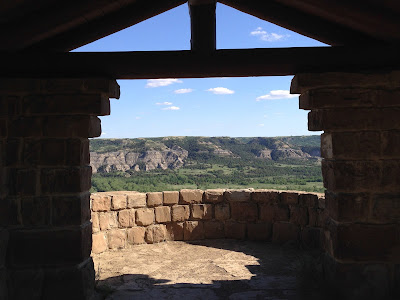Bird Cloud
It was not the best idea to pick up Annie Proulx’s Bird Cloud last night when I couldn’t sleep. I thought it would lull me back to dreams, much as it had the evening before.
But not this time. Last night I was farther along in Proulx’s Wyoming house-building saga. I wanted to know what would happen to the concrete floor that was poorly poured — and the color of liver. I wanted to understand how she could have spent most of her (considerable) income on a place that turned out to be uninhabitable from October till May due to wind and snow-packed roads.
I still haven’t gotten a satisfying answer to the last question (though it made me feel good that someone so accomplished could also be so gulled.) As to the first — well, I know she found a floor fixer who gave up his Thanksgiving (for a mere $40,000!) to sand, polish and stain her floor to a dull, serviceable brown.
Along the way, I read lines like this: “Bird Cloud was to be a type of poem if a house can be that. After Bird Cloud was finished I knew it was a poem of landscape, architecture and fine craftsmanship…”

